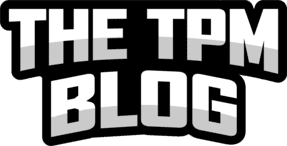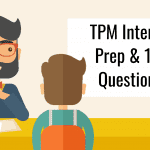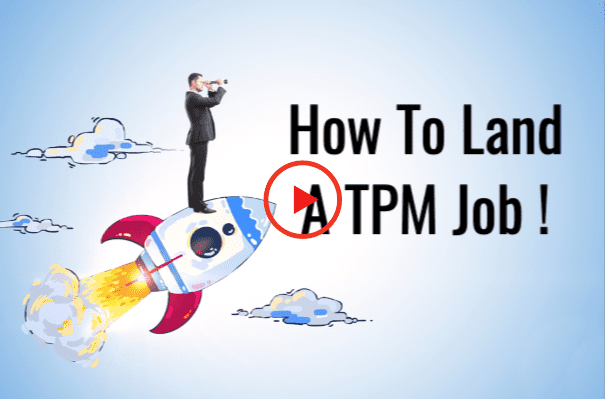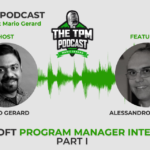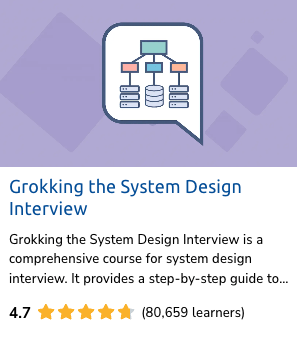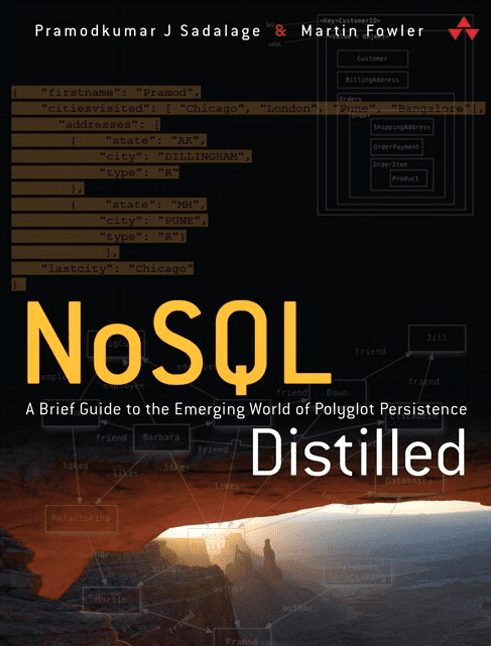Question 1. What is a Technical Program Manager (TPM)?
A Technical Program Manager is responsible for delivering technically complex programs. It is a job function at most tech organizations.
Question 2. What are the key responsibilities of a Technical Program Manager?
Though Technical Programs Managers own programs, they could be tasked with various other ancillary programs or problems to solve within the organization.
Question 3. How to become a Technical Program Manager?
You can become a technical Program manager by gaining experience in becoming technically competent and having good program management skills.
Question 4. What skills and qualifications are required to become a Technical Program Manager?
Skills involve being technically competent and having good program management skills. Qualifications are that you have worked with development and product teams in some capacity. Some certifications like the PMP and the AWS cloud Architect certifications would also help
Question 5. What is the difference between a Project Manager and a Technical Program Manager?
A project manager generally owns one project and has a narrow focus; a Technical Program Manager, on the other hand, owns multiple programs and is a cross-functional leader.
Question 6. What are some commonly asked interview questions for Technical Program Manager roles?
There are three types of questions asked during Technical program Management interviews they are to gauge
- a) Technical competence by asking you to design and architect systems.
- b) Program management skills by asking you to talk through complex programs you have owned.
- c) General behavioral questions that test your general problem-solving skills, communication, negotiation, emotional intelligence, etc.
Question 7. What is the average salary range for Technical Program Manager positions?
Salary ranges vary by experience, industry, and location. A good guide is published here.
Question 8. How do Technical Program Managers collaborate with engineering teams?
Technical Program Managers partner with engineering teams to hold them accountable and help them deliver programs. Having good relationships with your counterparts and stakeholders is essential.
Question 9. How does a Technical Program Manager ensure project success?
The key to ensuring project success is to lock down the scope, monitor project progress, deal effectively with issues or blockers that might come up, and communicate project progress, risks, to stakeholders. One other key aspect is to understand the stakeholder interests and effectively utilize them to help the TPM solve issues that might arise.
Question 10. What are the core competencies of a Technical Program Manager?
The two fundamental competencies of a TPM are to be good at program management and have the ability to understand and solve technical challenges.
Question 11. What are the typical career progression paths for Technical Program Managers?
A TPM can move up the ladder as a Sr.TPM, Principal TPM, Sr.Principal TPM, Chief of Staff; this would be as an individual contributor. They can also go down the management path of becoming a TPM leader by having a team of TPMs though this is generally rare.
Question 12. What industries commonly hire Technical Program Managers?
Technical Program Managers are generally in the tech industry or the IT industry and are across all industry verticles.
Question 13. How do Technical Program Managers facilitate cross-functional communication and coordination?
Technical Program Managers communicate with periodic meetings and with cadence program update reports. They would also be actively setting up one on ones with their stakeholders and peers.
Question 14. How does a Technical Program Manager handle conflicting priorities?
Handling conflict is an important part of a Technical Program Manager’s responsibilities. However, a TPM does not need to solve all issues, and conflicts on thier own. To resolve conflicts its good to get to know where each of the stakeholders stand and try to address their concerns individually and try to reach a solution by negotiating with them.
If all else fails a TPM can ask for help from the executive leadership with a concise writeup of the issue at hand, the various options and the TPMs recommendation on the course of action.
Question 15. What strategies can Technical Program Managers use to manage and mitigate project risks?
A Technical Program Manager understands the risks, the possibility of occurrence and always keeping a close eye on the area where the risk might occur. They are also communicating this risk with the stakeholders and the leadership team along with the various mitigation strategies that are in place to overcome the risk.
Question 16. How do Technical Program Managers ensure alignment with business goals and objectives?
Technical Program Managers ensure alignment by ensuring all stakeholders communicate a consistent message across the board. This generally is achieved by the leadership team having a clean and precise alignment of the business goals and objectives.
Question 17. What are some best practices for effective program management?
There are many pieces to effective program management; the key is managing the projects effectively and communicating with the stakeholders.
Question 18. What is the role of a Technical Program Manager in agile software development environment?
A Technical Program Manager sometimes helps teams create processes and methodologies in place to make the team more effective. This may entail helping the teams become more agile by using principles like Scrum, Kanban, Pair programming, and mob programming.
Question 19. How does a Technical Program Manager contribute to product roadmaps and feature prioritization?
Technical Program Managers work with the Product Management team and get their lead regarding product roadmaps and feature prioritization. In some organizations with no Product management function, a TPM can double as the product and program manager.
Question 20. What metrics and key performance indicators (KPIs) are relevant for Technical Program Managers?
In general, KPIs and OKRs are tied to the product, and a TPM would work with Product managers and engineering leaders to steer the ship to meet or exceed the KPIs.
Question 21. How do Technical Program Managers foster continuous improvement?
Question 22. Technical Program Managers commonly use what tools and software?
Question 23. How do Technical Program Managers handle scope changes and project scope creep?
Question 24. How do Technical Program Managers manage stakeholder expectations and relationships?
Question 25. What is the impact of effective communication on the success of a Technical Program Manager?
The impact of effective communication is that everyone across the project teams and its stakeholders are always abreast with the latest information of progress and risks. This makes getting the right amount of support and help easier.
Question 26. How does a Technical Program Manager ensure successful product launches and releases?
Question 27. How do Technical Program Managers assess and manage project dependencies?
A TPM would manage this using a variety of tools from Microsoft Project to using something like Jira Structure.
Question 28. What strategies can Technical Program Managers employ for effective resource management?
Question 29. How do Technical Program Managers handle project budgeting and financial management?
Question 30. How do Technical Program Managers address technical debt and code quality concerns?
Question 31. How does a Technical Program Manager facilitate effective decision-making within project teams?
Question 32. How does a Technical Program Manager promote collaboration and teamwork within project teams?
Question 33. What are the different program management methodologies?
Question 34. How does a Technical Program Manager balance competing project priorities?
On the other hand, if there were competing projects for the same set of resources it would be good to work with the leadership team or the product management teams to do a prioritization exercise.
